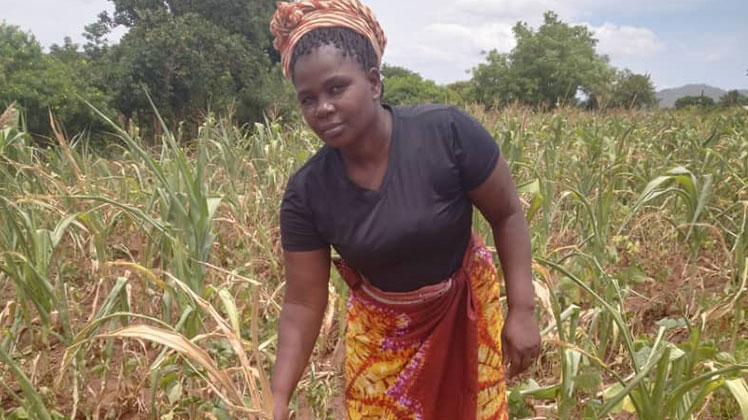Media vital to climate change fight
 Partial narratives that underpin policymaking prevent people in arid regions from fulfilling their potential to provide food and sustain resilient livelihoods in a changing climate.
Partial narratives that underpin policymaking prevent people in arid regions from fulfilling their potential to provide food and sustain resilient livelihoods in a changing climate.
This is among the conclusions of an international study whose partners have released a series of policy briefs that identify flaws in policy narratives in the Indian, Chinese, Kenyan and global contexts.
The publications come as dry lands experts from around the world met in Bonn, Germany for the second scientific conference of the UN Convention to Combat Desertification and the eleventh session of the Committee for the Review of the Implementation of the Convention, from April 9 to 19.
The new research, coordinated by the International Institute for Environment and Development (IIED) with funding from the Ford Foundation, will be presented at the 7th International Conference on Community Based Adaptation to Climate Change in Bangladesh on 22-25 April.
“Policymakers often dismiss the world’s dry lands as fragile ecosystems where highly variable, unpredictable and scattered rainfall is seen as fundamental constraint to food production that compels local people to over-farm or over-graze their land, thereby exacerbating scarcity and degradation, further reducing productivity and inducing desertification, conflict and migration,” says Ced Hesse of the International Institute for Environment and Development.
The fifth paper examines the way that media coverage of pastoralism contributes to false policy narratives.





